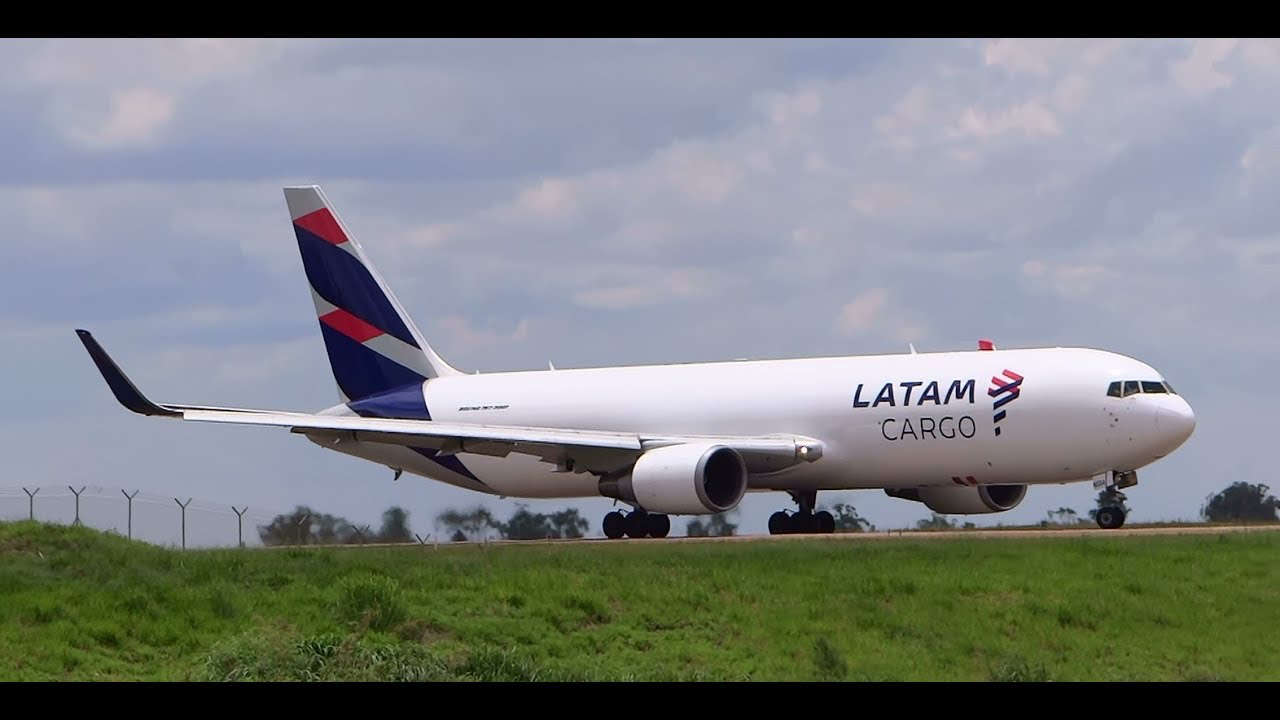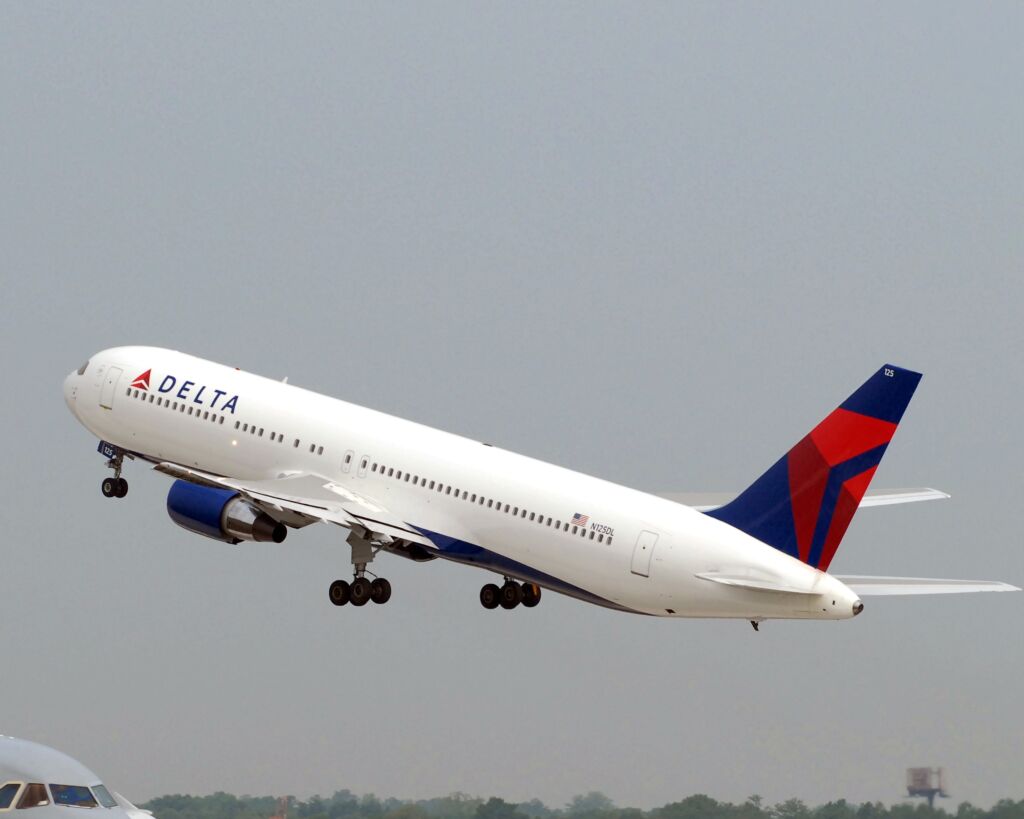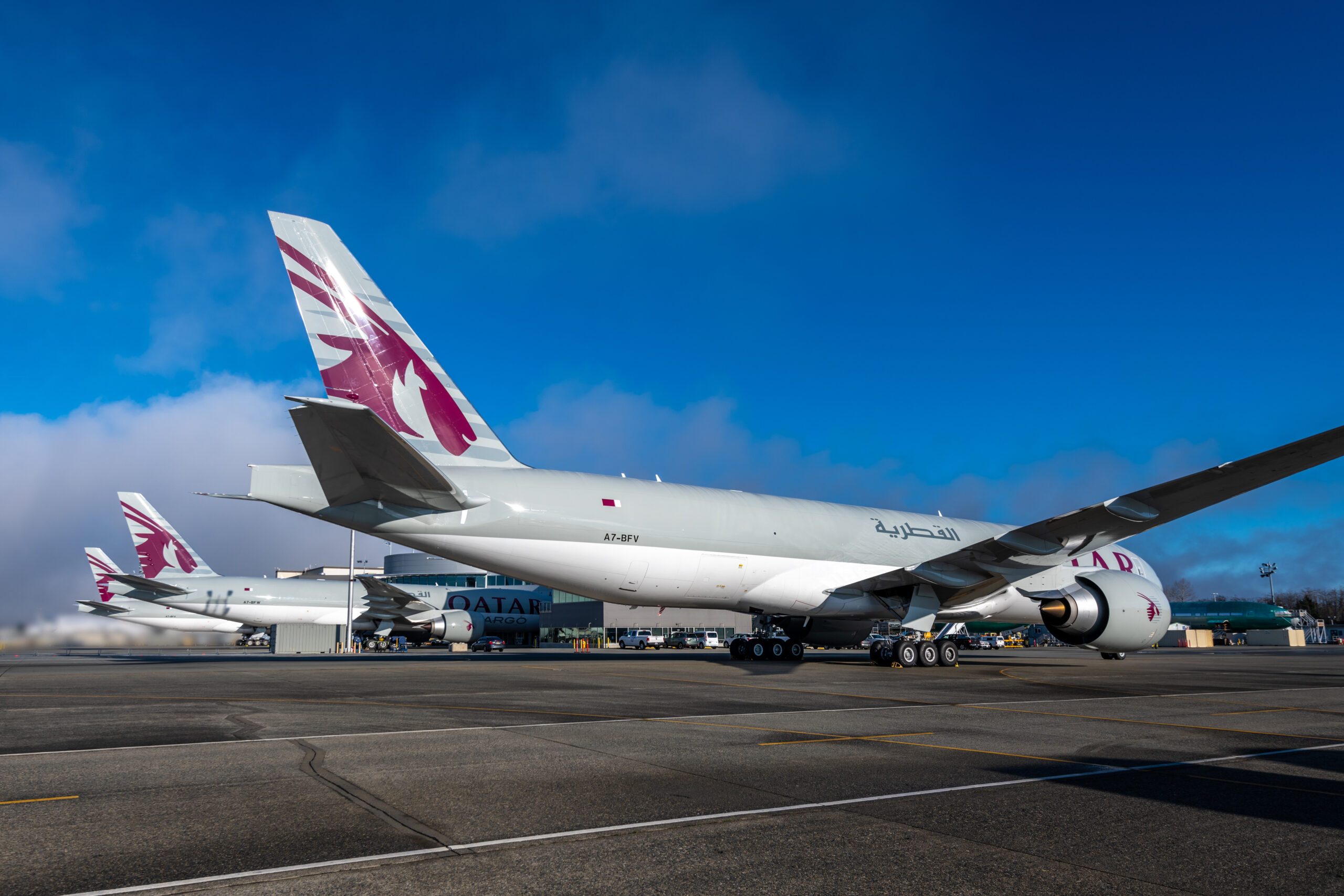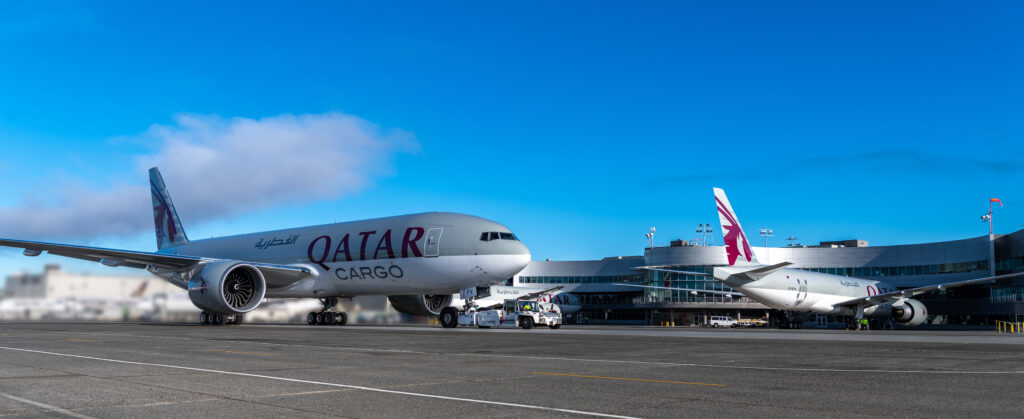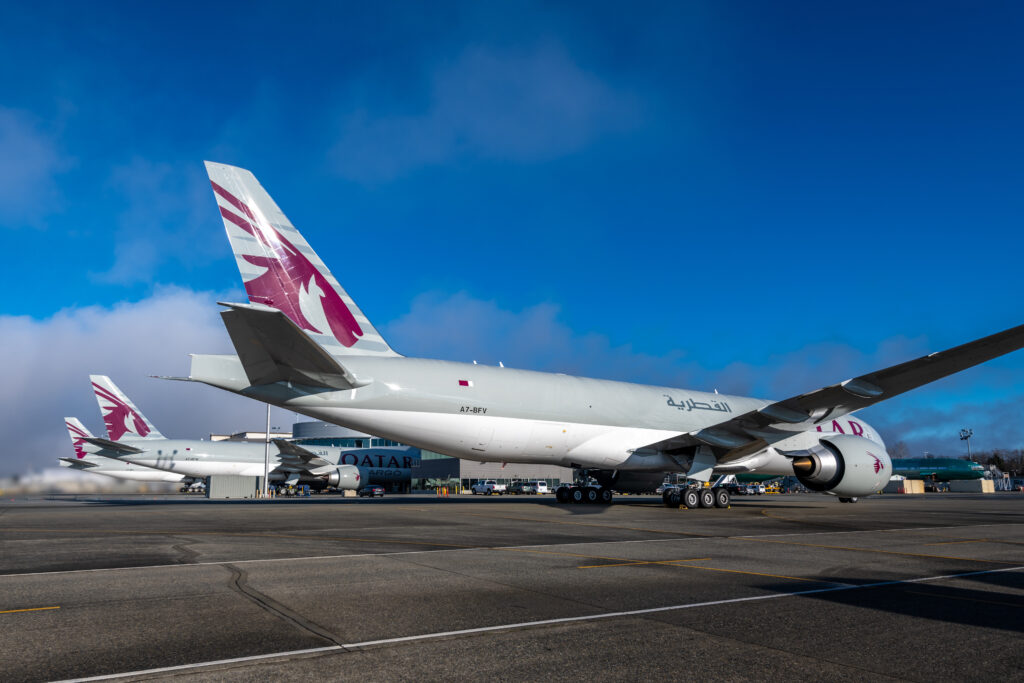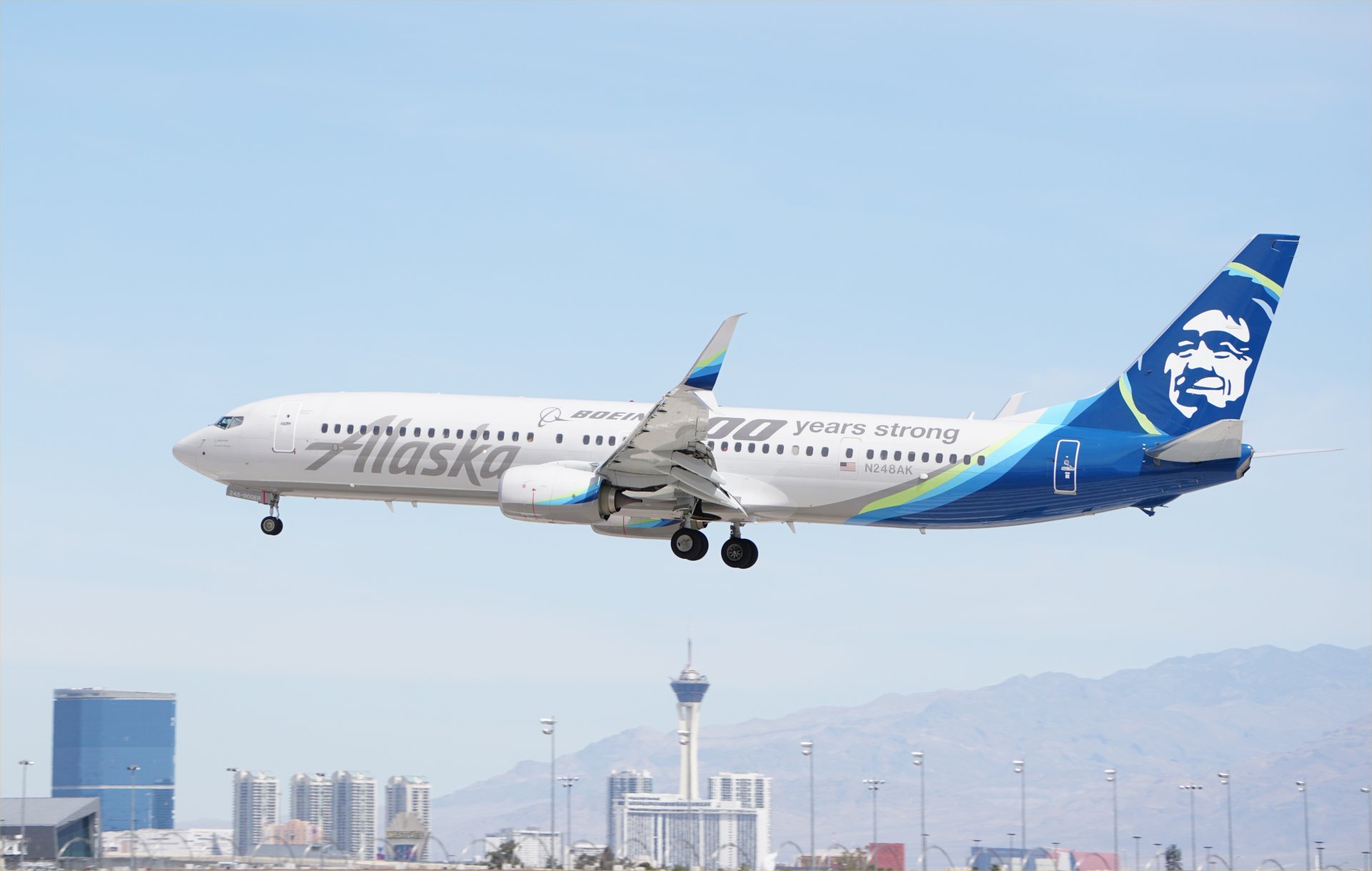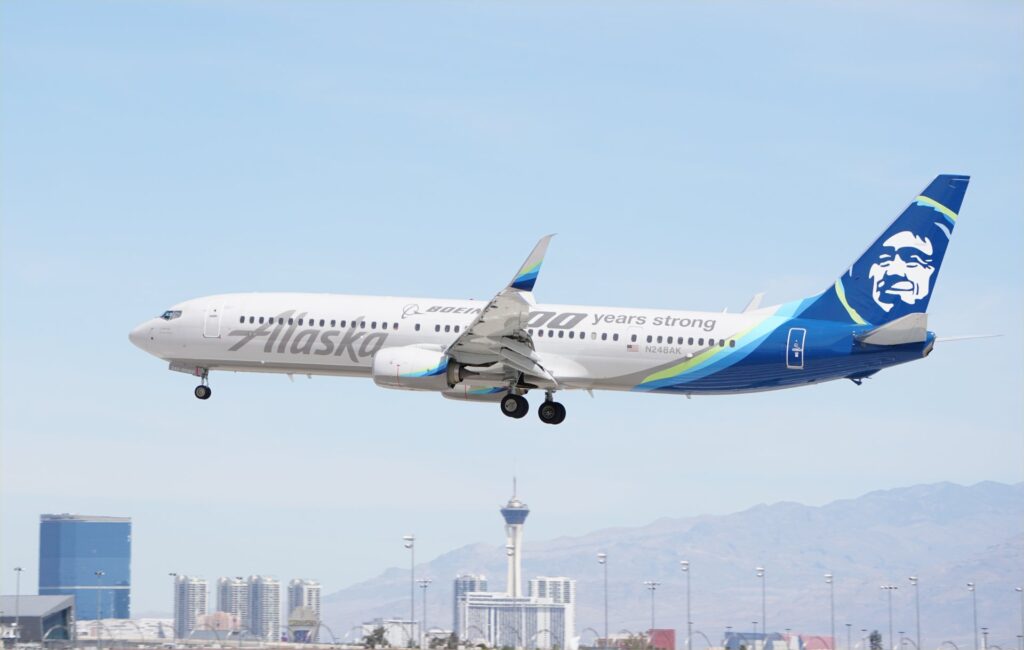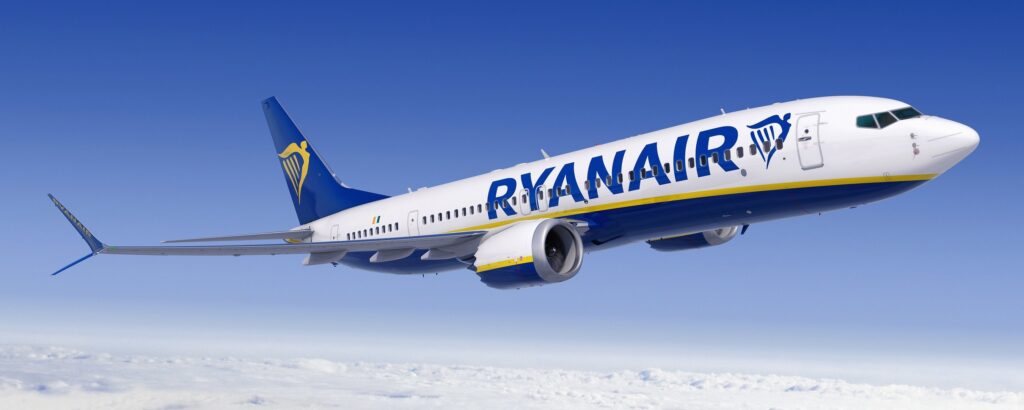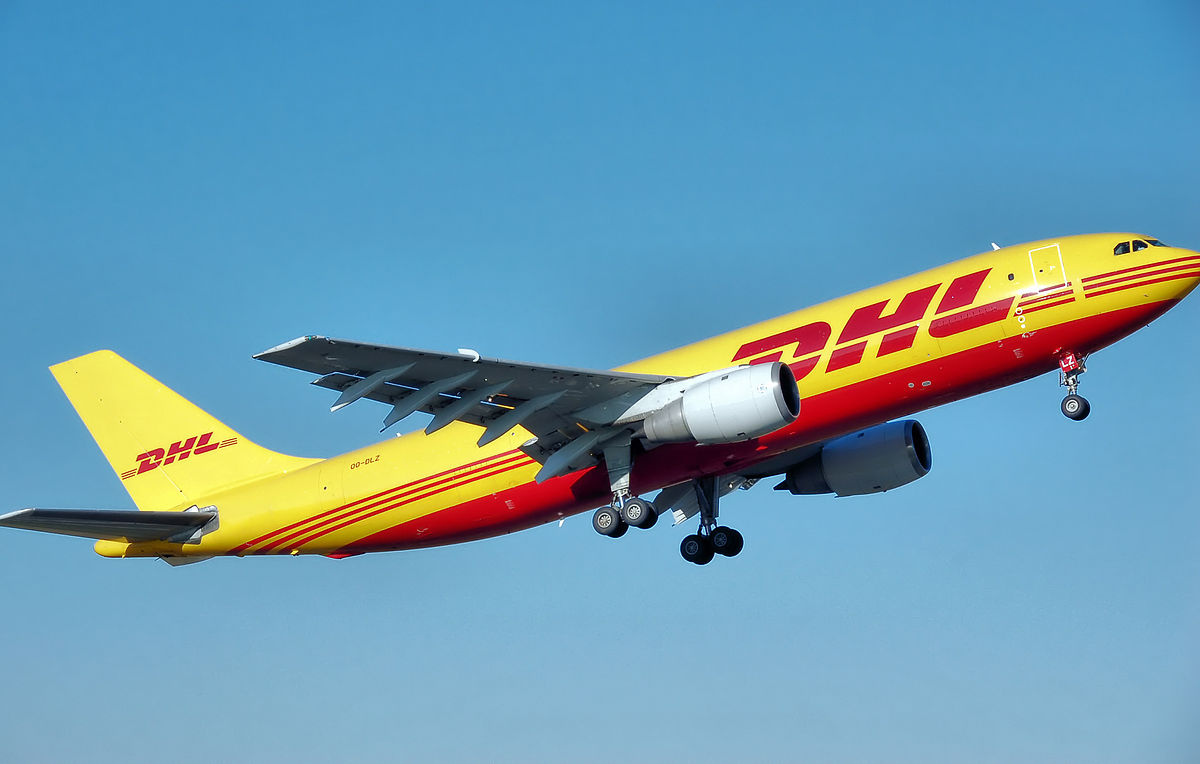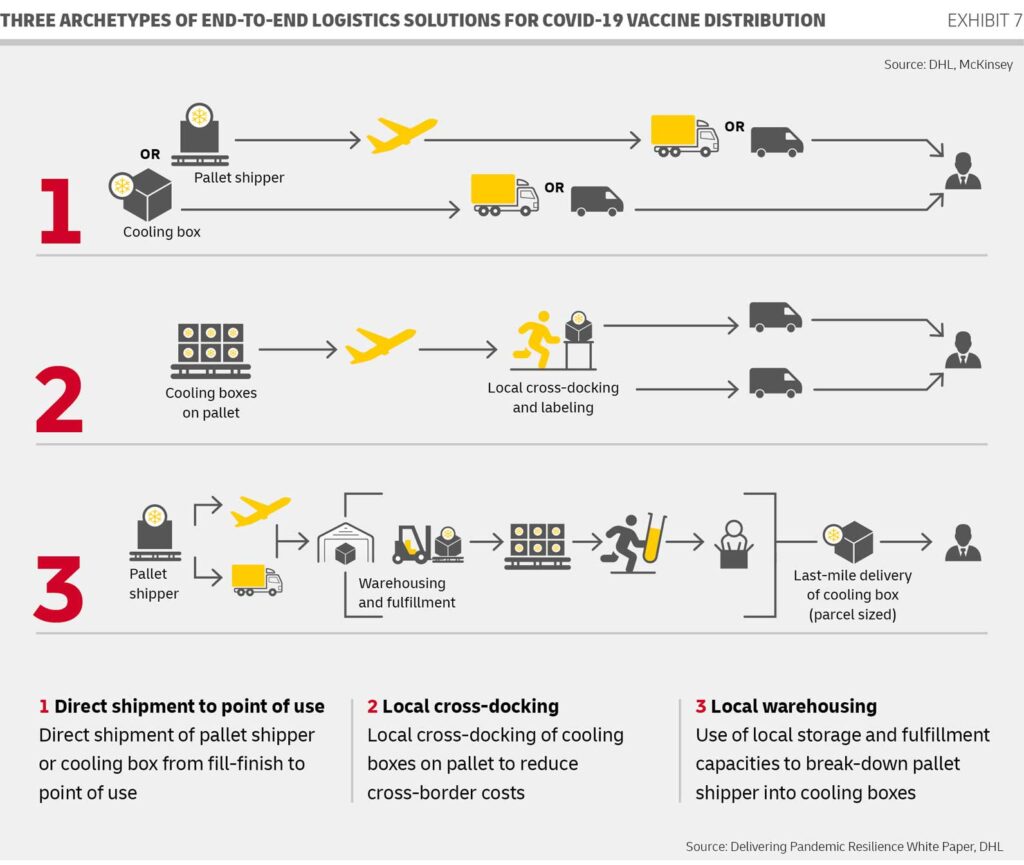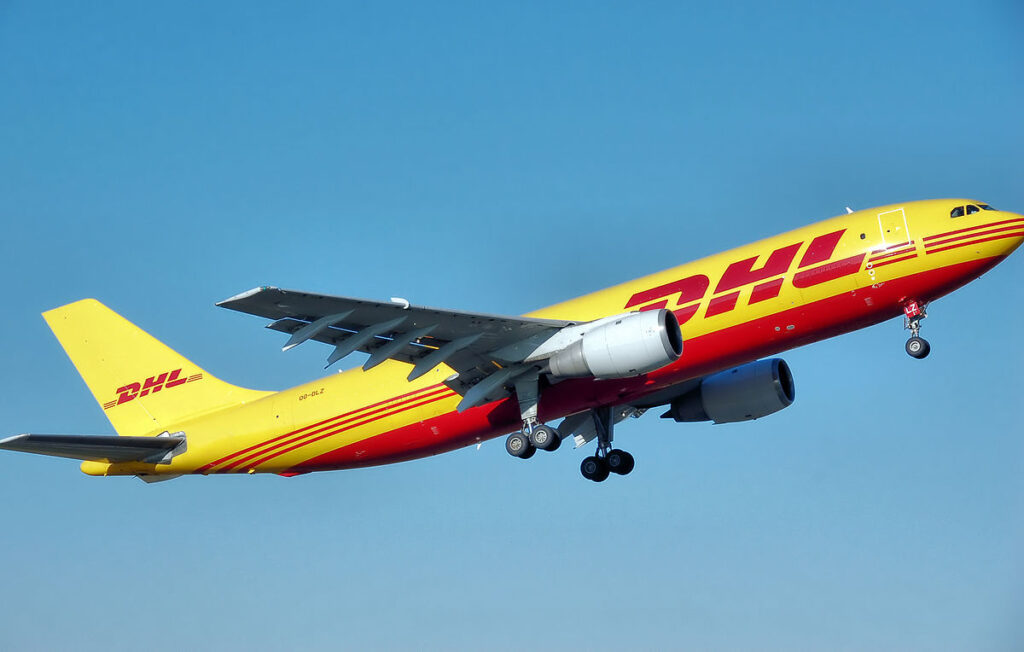LATAM Airlines Group (Santiago: LTM.SN) announced a significant expansion of its cargo operations with the conversion of up to eight Boeing 767-300ER aircraft into Boeing Converted Freighters (“BCF”) in the next three years. This represents a freighter capacity growth of up to 80%. This plan seeks to increase the service options and leverage the synergies of operating a single type of aircraft.
The plan is divided in two gradual stages. The first phase is based on four confirmed conversion slots with Boeing with re-deliveries between 2021 and 2022. Upon completion of that phase, LATAM’s cargo operators’ fleet would reach a total of 15 Boeing 767-300ER freighters. The second phase includes four conversion options with Boeing that would allow aircraft to be added between 2022 and 2023. If all options are executed LATAM would operate a total of 19 767-300ER freighters.
Throughout 2020, LATAM Cargo played an active and vital role in ensuring essential supplies reached Latin American countries, especially in places with extreme and difficult-to-access areas like in countries such as Brazil, Chile, Colombia, Ecuador, and Peru. LATAM also worked to safeguard the supply from the import and export sectors in South America, even increasing their shipment frequencies by more than 40% in some markets. To achieve these results, LATAM operated passenger planes for the exclusive transport of cargo.
In addition, during the pandemic, LATAM landed for the first time in China, searching for medical supplies for South America, ultimately making more than 80 flights to the Asian continent. LATAM currently continues to make trips to Europe and China to transport COVID-19 vaccines into the region, and the LATAM Group’s Solidarity Plane Program has made its resources available for the free transport of vaccines in domestic markets.
